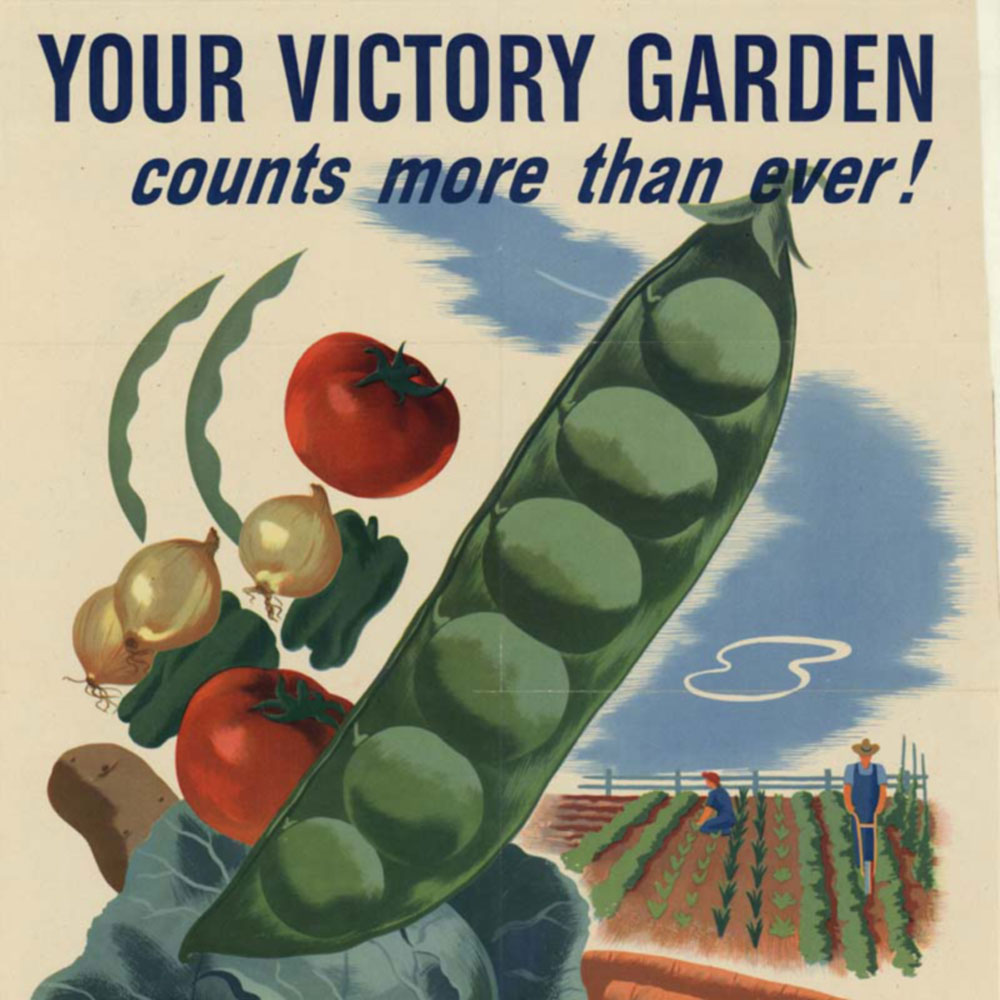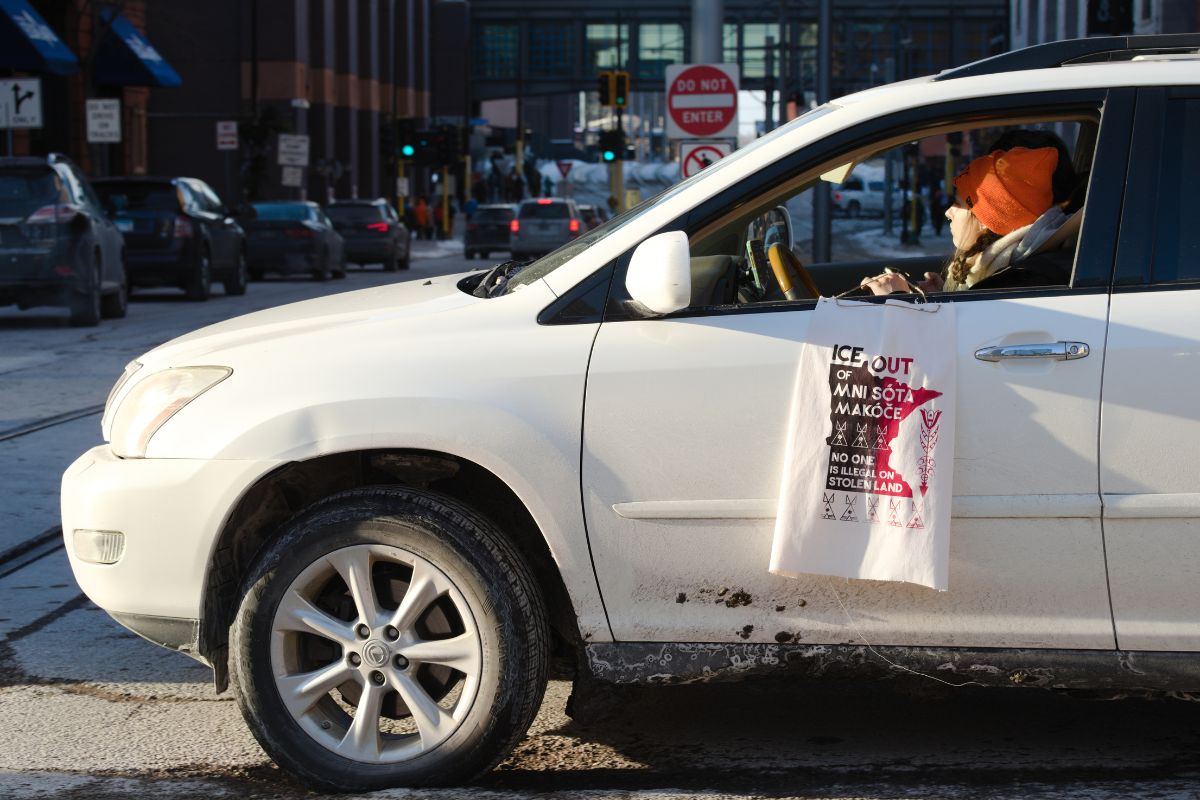
April 23, 2020; Pioneer Press and the Star Tribune
Besides worries about personal health, the pandemic has created a variety of anxieties, including some about the food supply. There have even been recent references to Victory Gardens, which sprung up to address food shortages during the first World War and produced an estimated 40 percent of the fresh vegetables in the US in the 1940s. More and more urban gardens are showing up, and there have been new inquiries for space in existing cooperative plots.
Nonprofit neighborhood gardens bring communities together for a cause—growing healthy food—and for social connection. COVID-19 presents some challenges here. Many volunteers are older, so the gardens face the same worries as other organizations that rely on them, like the Red Cross and Habitat for Humanity. Maintaining the requisite physical distance is difficult for the volunteer farmers who have come to plant, water, and weed. It’s also harder these days to get sponsorships from foundations and corporations; now, groups must purchase personal protective equipment (PPE) for their farmers along with seeds.
Urban Ventures, a $4 million organization that centers on healthy families, counts a community farm among its programs. The farm produced seven tons of food on their six acres in 2019, most sent to churches and nonprofits, and usually depends on corporate team-building outings for a significant portion of the labor.
“All of that has dried up,” says Mark-Peter Lundquist, director of Food, Farm and Nutrition. “Now it’s just a trickle. It’s really now individuals. We had 200 volunteers last year. So far, we’ve probably had 10. Last year, I had the whole summer already filled right now with volunteer groups.”
Still, the community farmers who are there want to be there.
“To me, if you’re a farmer, you’re a farmer,” says Lundquist. “You can’t stop, whether you’re urban or rural. It’s an essential service.”
Sign up for our free newsletters
Subscribe to NPQ's newsletters to have our top stories delivered directly to your inbox.
By signing up, you agree to our privacy policy and terms of use, and to receive messages from NPQ and our partners.
The Eleanor Graham Community Garden in St. Paul, Minnesota, reports that despite a surge in new gardeners this year for the new growing season, no one has relinquished their plots of land. “Since the shelter-in-place order, nobody has dropped out,” said Merle Greene, primary contact for the garden. The team put has distancing rules in place and canceled the monthly group workdays.
“Growing food is critical in a time of scarcity, and it looks like the coronavirus may bring even more food insecurity to our neighborhood,” said Patricia Ohmans, the longtime eco-activist in her newsletter, Frogtown Green. Ohmans, who has a master’s degree in public health, instructs gardeners to keep a shovel’s-width apart and not share tools, as per the Minnesota Department of Agriculture. (The University of Minnesota Extension also offers safety instructions.)
The stay-at-home order in place in Minnesota since March 27th allows exemptions for agricultural workers and garden centers, along with grocery stores and food distributors. Many urban farmers believe that includes them, too. So there was some surprise when another local nonprofit, Frogtown Farm, a five-acre certified organic urban demonstration farm, cancelled the season. While urban farms are reporting increased interest in a challenging funding period, Frogtown Farm decided not to participate.
Soyini Guyton, founder and board chair of the farm, which has paid staff and volunteers and brings visitors to various farming demonstrations, sent out an email notice on March 31st that although she had ordered some seeds, they will “put the farm to sleep this year to protect our staff and community” while promising to return in 2021. Guyton cites the problematic stock market, which will challenge fundraising, as another reason to halt farming activities. She has already heard from funders that she cannot depend on them.
But this decision has been met with community protest, as the pandemic has put people out of work and the need for fresh produce for food pantries has increased. Feeding Frogtown, a healthy food program run through Frogtown Neighborhood Association, is the farm’s main customer, having bought about 40 tons of leafy greens and other produce from them in the past. “I just think it’s not a well thought out decision,” says Delinia Parris, who manages Feeding Frogtown. “We need to be more supportive of the community, and a lot of people are not doing well. The kids are home, so people’s grocery bills have expanded. They used to eat two meals a day at school. Just to have that healthy option was amazing.” This pushback has led Frogtown officials to subsequently say there may be marginal planting after all.
Nonprofit urban farms raise food for other nonprofits. The funding underpinnings of one organization often affect more than that single organization, in ways good and bad. If the philanthropic piece is not there for the farm that grows the food that supplies the food pantries, the foundation of an entire community can collapse.—Marian Conway












